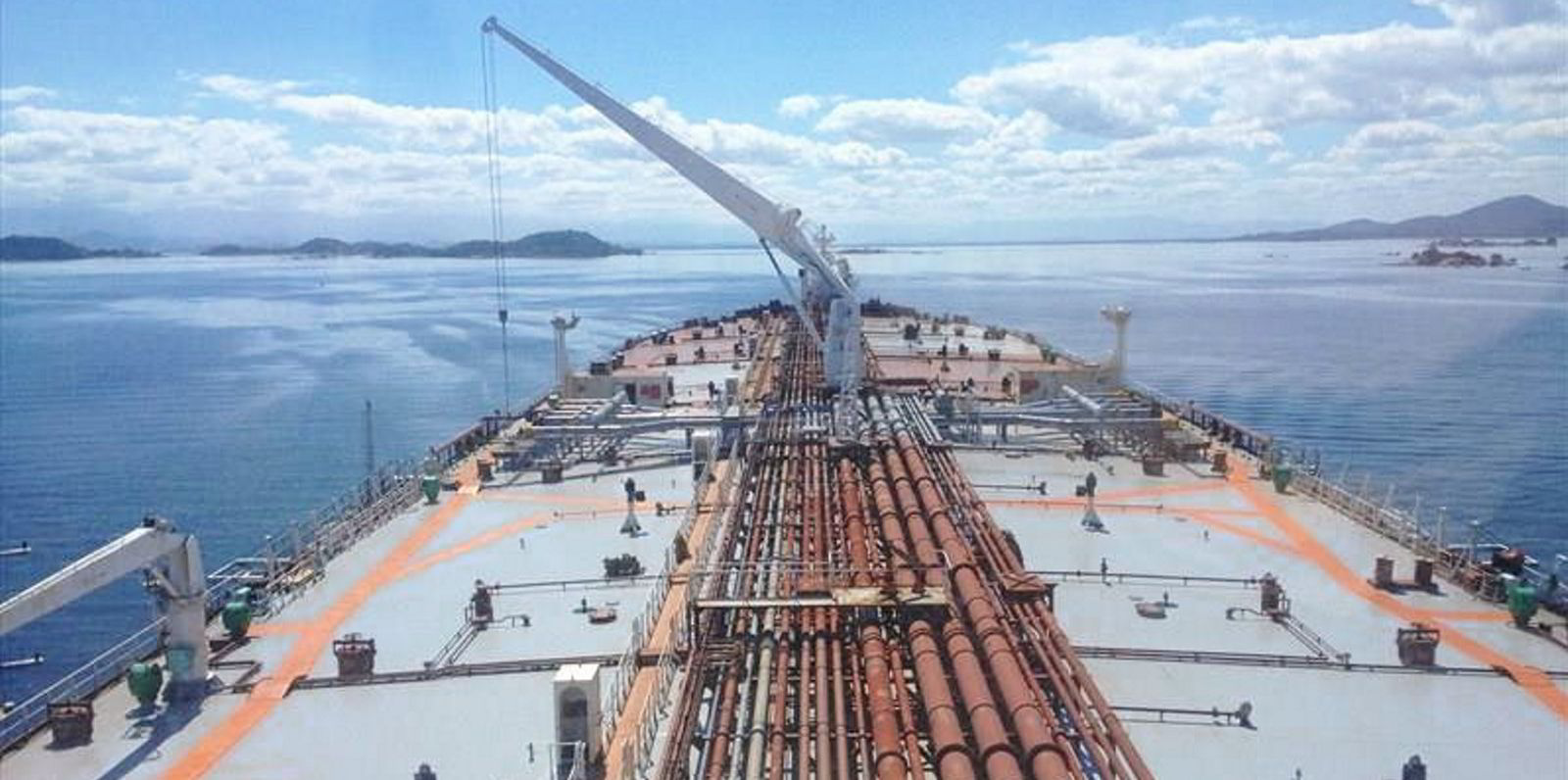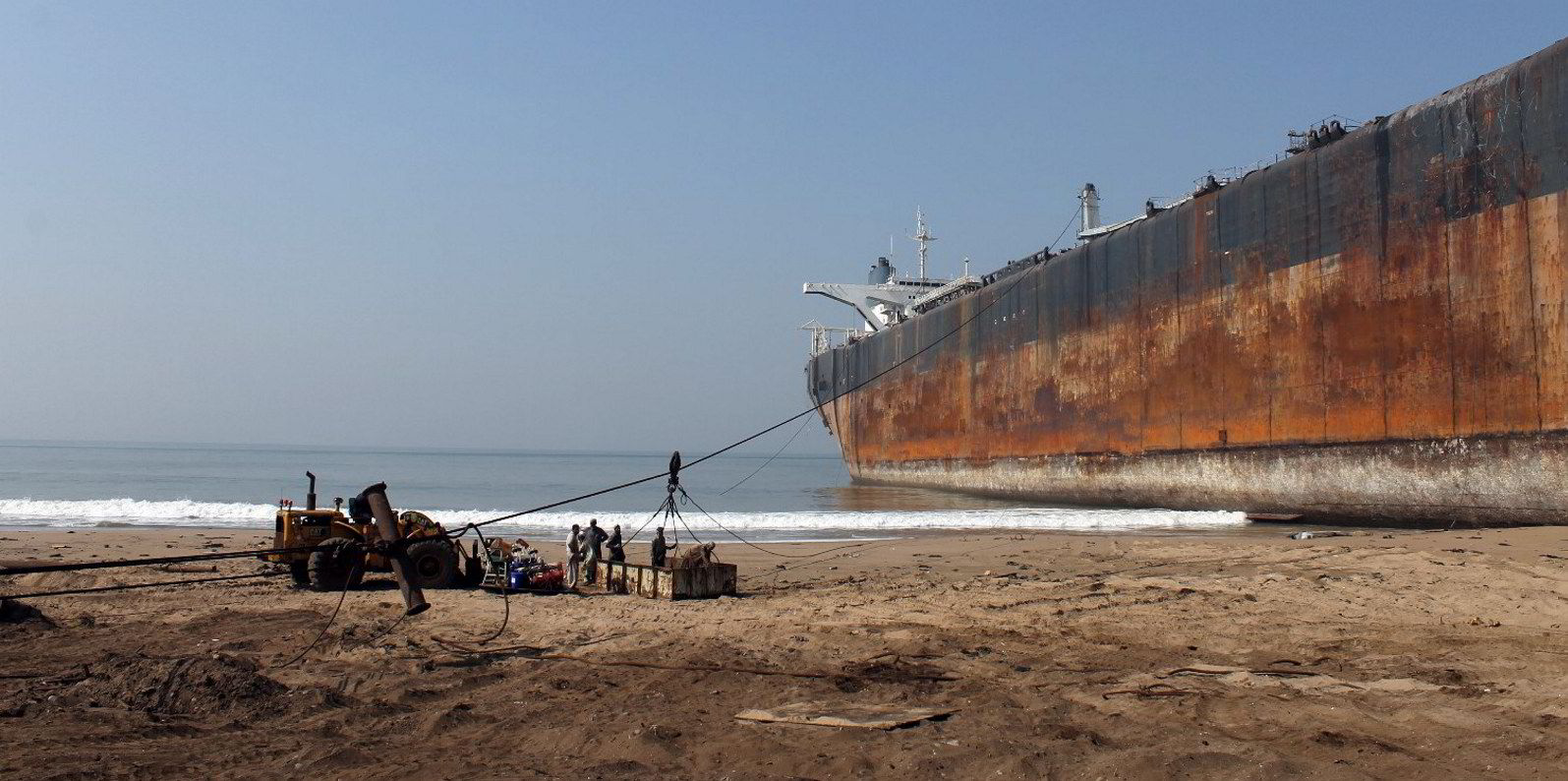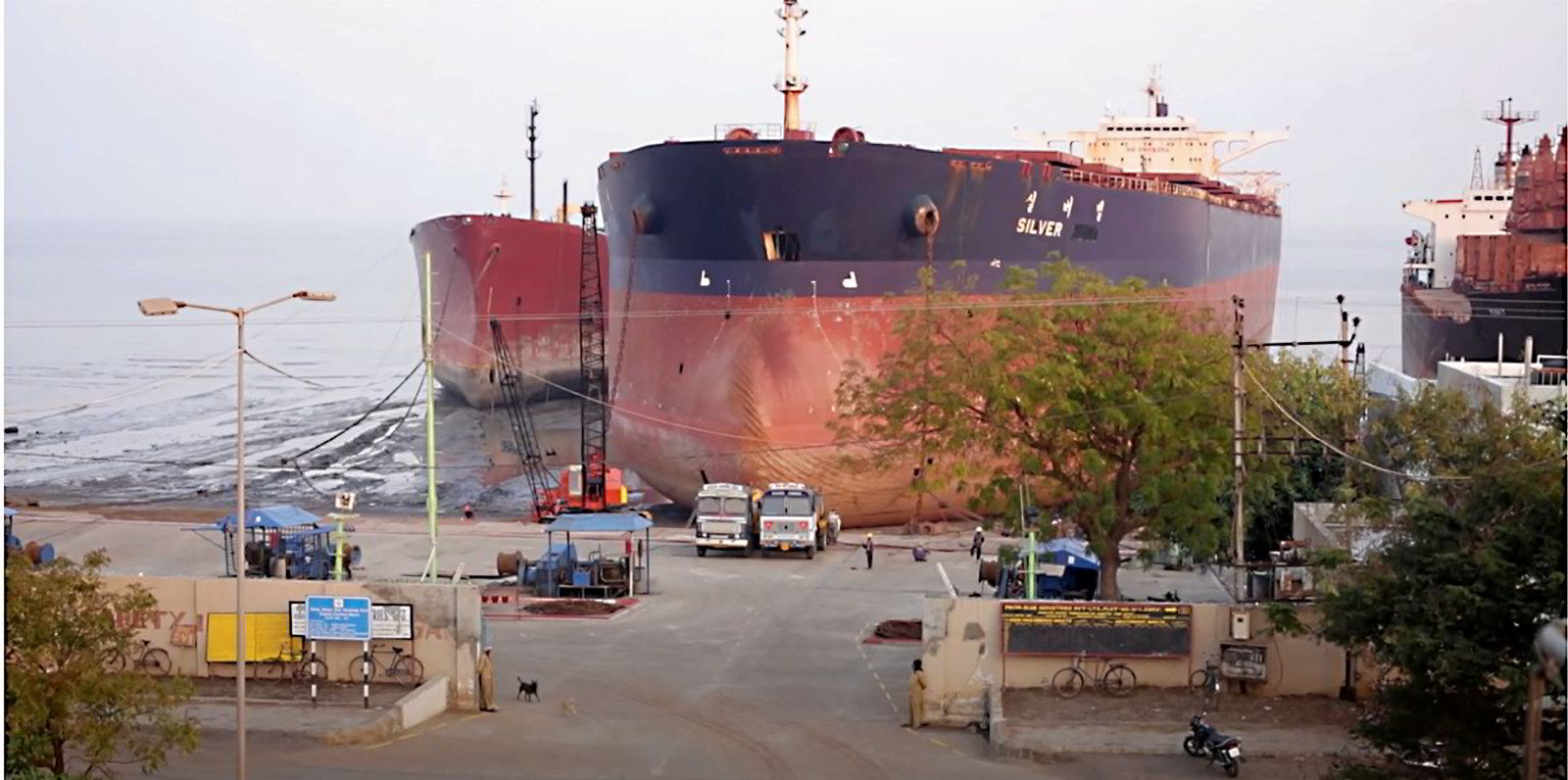Bimco's chief shipping analyst believes at least 10m dwt of crude tankers must be scrapped to counteract the effect of vessel deliveries.
Peter Sand told the TradeWinds Tanker Shipping Forum that the shipowners' organisation is in the "relatively bearish category for crude tanker demolition".
Sand does not expect a "huge flurry" of sales to breakers this year, but deals could still reach a three-year high.
But the equivalent of at least 33 VLCCs must be removed from the world fleet "to ease the pain of increasing fleet growth", he added.
Clarksons lists around 20 VLCCs set for delivery in the remainder of this year, and shipowners are increasingly adding to the orderbook to renew fleets with LNG-fuelled ships.
Bimco said earlier this month that product tanker scrapping is at an 11-year high.
10 tankers sold to breakers
But only 10 crude tankers totalling 1.45m dwt have been sold for recycling so far this year, according to Bimco’s data.
The organisation expects the amount to exceed 2.23m dwt by 31 December, the level seen in each of 2019 and 2020.
Sand said what matters for tanker markets now is the world reaching pre-pandemic oil demand levels.
But he cautioned that consumption of developing countries within the Organisation for Economic Co-operation and Development (OECD) "will never return" to these levels.
"In the long term, there will be a significant decline in OECD demand," Sand said.
Non-OECD demand is already back to what it was before the virus struck, however.
He added that owners can cross their fingers and hope to sleep more soundly if India and China keep providing the most demand of non-OECD countries.
Demand safe until 2030?
"At some point in time hopefully the virus will go away, but we don't know when," Sand said.
Overall, he views the tanker industry as fairly safe in terms of global oil demand this decade.
But headwinds will arrive from 2030 as the world continues to transition to greener energy.
Sand also noted the cyber-attack on the Colonial Pipeline in the US had doubled rates for product tankers moving from Rotterdam to New York.
"You'd better put your chips where the disruptions are until we are back on more solid ground for demand," the analyst added.






